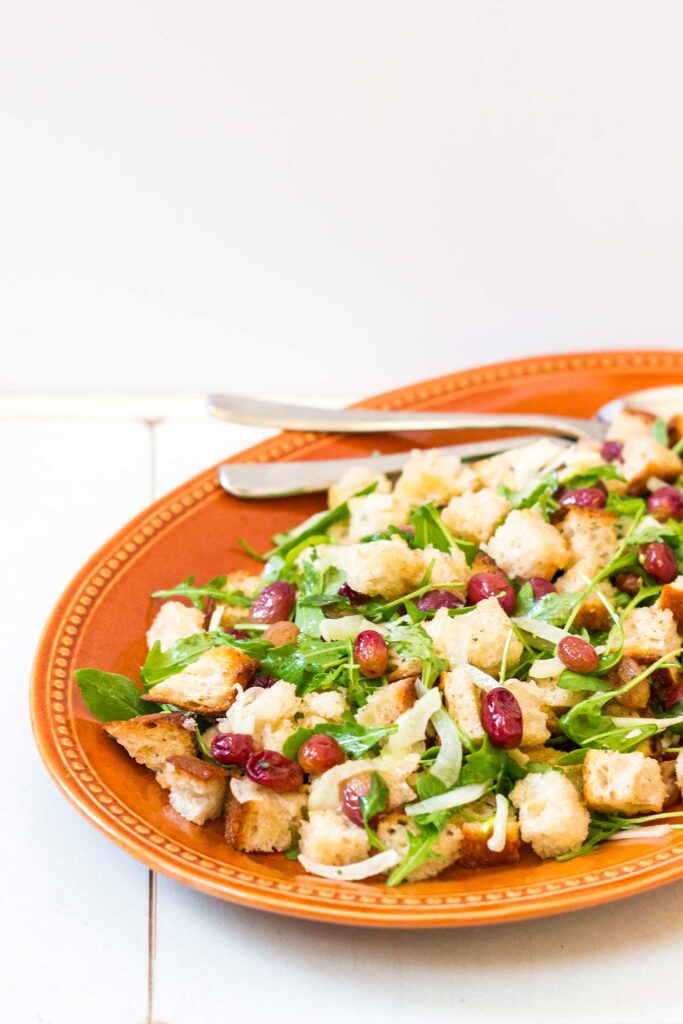


Don’t let this one slip away — pin it now and thank yourself later!


Don’t let this one slip away — pin it now and thank yourself later!
Don’t let this one slip away — pin it now and thank yourself later!
Don’t let this one slip away — pin it now and thank yourself later!
From the humble hard-boiled to the elegant omelet, cooked eggs in their myriad forms are a delight. But how long do these protein-packed treasures last in the fridge?
Let’s unscramble the facts about the shelf-life of your favorite egg dishes. So, whether you’re a poached egg enthusiast or a scrambled egg aficionado, it is essential to understand how long they can last in the fridge.
I. Why refrigerate cooked eggs?
Cooked eggs can be prone to spoilage if not treated with care. This is because once their protective shell and membrane are stripped away, they become vulnerable to the relentless growth of bacteria. Without proper refrigeration at the right temperature, these microscopic invaders multiply at an alarming rate.
II. How long do cooked eggs last in the fridge?
Typically, cooked eggs can last up to seven days in the fridge. However, this can vary depending on the cooking method and the way they are stored.
Here is the list of different types of cooked eggs and their shelf life in the fridge
1. Hard-boiled eggs
Hard-boiled eggs can stay fresh and last up to a week in the fridge if stored properly in an airtight container or resealable plastic bag and kept below 40°F (4°C). Keeping them in an airtight container can help prevent moisture loss and contamination, while storing them at a cool temperature can slow down bacterial growth. This is especially true for peeled, hard-boiled eggs.
2. Scrambled eggs
This delicious breakfast item, scrambled eggs and even egg salad can last up to 4 days in the fridge if kept below 40°F (4°C). Left over scrambled eggs should be stored properly in an airtight container. Due to their moisture content, they are more susceptible to bacterial growth than hard-cooked eggs.
3. Omelets
Omelets can also last up to 4 days in the fridge if stored properly in an airtight container and kept below 40°F (4°C).
It’s important to consume them before they show any signs of spoilage, such as an off-odor or sliminess. Additionally, it’s best to avoid storing omelets that contain ingredients such as cheese or meat for an extended period, as these ingredients can spoil more quickly, and if consumed, they may lead to food poisoning.
Related Article: How long can eggs sit out of the fridge?
III. Tips for storing cooked eggs to ensure maximum shelf life
Storing cooked eggs properly is important to maintain their freshness and prevent foodborne illnesses. Here are some tips for ensuring maximum shelf life:
1. Let them cool first
Make sure to let cooked eggs cool down completely before you store them in the fridge. This will help prevent spoilage and increase their shelf-life. Storing hot, freshly cooked eggs compromises the quality and safety of cooked eggs.
2. Keep away from other food
It is important to store cooked eggs separately from other foods, especially raw meats and dairy products. This will help to prevent cross-contamination and the spread of harmful bacteria.
3. Store in an airtight container
To keep cooked eggs fresh for as long as possible, store them in an airtight container. This will help to prevent moisture loss and prevent odors from other foods from being absorbed.
4. Maintain the right fridge temperature
To ensure optimal storage conditions, ensure that your refrigerator is set to a temperature below 4°C (40°F). Elevated temperatures can accelerate the spoilage of both raw and cooked eggs, so it’s crucial to exercise caution when refrigerating them.
IV. How to tell if cooked eggs have gone bad?
While there are several ways to tell if cooked eggs have gone bad, here are three common signs to look out for:
- Bad smell: If the cooked eggs have a strong, unpleasant, or even mildly off-putting odor, it is a sign that they have gone bad and should not be consumed.
- Difference in the shell: If you notice any cracks or discoloration on the shell of the cooked egg, it could be a sign that the egg has gone bad.
- Cloudy white appearance: If the egg white appears cloudy or runny instead of clear and firm, it could indicate bacterial growth and spoilage.
V. Can you put cooked eggs in the fridge and reheat them?
Yes, you can put cooked eggs in the fridge and reheat them later. While doing so, it’s important to reheat them thoroughly at a safe internal temperature of at least 165°F to prevent foodborne illness.
Meanwhile, it is also important to remember that reheating the eggs more than once can compromise their safety and nutritional value.
Also, remember that when you plan to reheat refrigerated eggs, do so within 2 hours. Cooked or uncooked eggs should not be left on the counter for more than two hours after refrigeration. Cut this down to 1 hour if the ambient temperature at your place is above 90° F.
VI. What is the best way to reheat cooked eggs?
The best method for reheating cooked eggs may vary depending on the dish, but it’s important always to ensure that the internal temperature is at least 165 degrees Fahrenheit.
- Hard-boiled eggs: Simply place the egg in a pot of hot water for a few minutes to warm it up. Alternatively, you can slice and microwave the egg for 10-15 seconds.
- Scrambled eggs: Reheat scrambled eggs in the microwave or a nonstick pan over low heat, stirring constantly until heated through.
- Fried eggs: Heat a nonstick pan over low heat, add a small amount of butter or oil, and place the fried egg in the pan. Cover the pan and cook until the egg is heated through.
- Omelets: Reheat omelets in the oven at 350°F (175°C) for about 10 minutes or in a nonstick pan over low heat, flipping once to ensure even heating.
Conclusion
Properly storing, refrigerating, and reheating cooked eggs can be a game-changer for your health and even your taste buds. These easy-to-follow tips allow you to enjoy your egg dishes longer and safer. And, when in doubt, throw it out!




